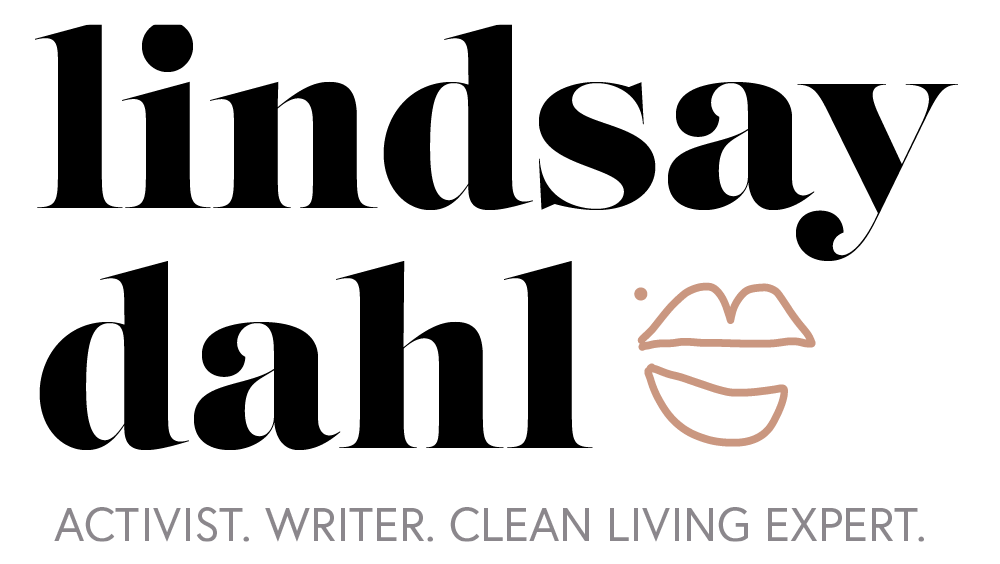If you’re a clean living enthusiast you likely have seen beauty brands ban a class of chemicals called PEGs, which stands for polyethylene glycol. This same class of chemicals is widely used in pharmaceuticals including vaccines and medicines that relive constipation. Our exposure and risks associated with PEGs varies greatly between the two product categories and it’s very important to understand how, why, and where they should be avoided.
The summary of this article is that I’m not concerned with exposures to PEGs in vaccines or over the counter drugs, but I support beauty brands who choose not to formulate with them. Read on to learn more.
The Health Concerns with PEGs: Exposure and Frequency Matter
To first understand why I am perfectly fine with exposures to PEGs in pharmaceuticals, it’s important to understand why some beauty companies ban them to begin with. The class of chemicals are not inherently dangerous, but the issue is with a common contaminant called 1,4 dioxane.
The class of chemicals itself isn’t toxic, but it could be at risk for contamination. As the term “contaminant” suggests, some PEGs may be free from 1,4 dioxane, and some others may have trace levels of the chemical. In the beauty industry where the ingredients are not regulated, there is no oversight or pressure for companies to be testing for contaminated raw materials. Hence the reason many clean beauty brands ban this class of ingredients, to be on the safe side.
1,4 dioxane is also a common contaminant in the water we drink and other consumer products, so whether we realize it or not, we are exposed to this chemical throughout our day. (Friendly reminder that it doesn’t matter how much you research or shop your way out of this problem, you simply cannot control every chemical exposure in your life, nor should you try. The field of environmental health shows us that reducing exposures where possible is important, but real systemic change happens when we pass public health minded laws.)
So if I’m given the choice to take a pharmaceutical that is important for my health or protecting public health, that contains PEGs—an inherently safe class of chemicals—I will. A one, two, or ten time exposure to PEGs is not a significant health threat. We must weigh the risks associated with not taking vaccines or drugs, and in every case I have encountered, it was important for me to take the vaccine or medicine. Each individual needs to assess what is right for themselves, their health situation and family. We need to respect each other’s decisions around these complex topics.
Pharmaceuticals and Beauty Products Are Regulated Under Completely Different Laws
As a longtime critic of our lax chemical safety laws on beauty products, you’ll notice I’ve never blame the FDA. This is because our federal agencies—including the FDA—have shown us that they can effectively regulate consumer products if they are given the authority to do so. This is important because while not perfect, pharmaceuticals are heavily regulated whereas beauty products are not.
Given that vaccines and pharmaceuticals to be ingested have higher standards, these companies need to be testing and looking for contaminants like 1,4 dioxane, whereas most beauty companies do not.
Simply applying concerns with an unregulated beauty industry and confusing them with pharmaceuticals is dangerous and should be avoided at all costs. We need to carefully and effectively share information around toxic chemicals and the field of environmental health. By overstating health concerns or making overly simplified inferences, one can quickly damage a very credible and established body of science.
So would I get a vaccine that contain PEGs? Yes. Because I’ve spent my whole life working to protect public health using the best peer-reviewed science. I appreciate all of you understanding that I have the right to choose what is right for my health.
Have I given my daughter Miralax to help with her constipation, after trying all other options? Yes. Having irregular bowl movements is much more of a health risk than using a one time, over the counter solution containing PEGs.
Will I continue to support beauty brands who select ingredients in a way that considers longterm health risks and pushes the industry to source cleaner raw materials? Yes. We need the industry to advocate for updated federal regulations at the same time, since simply boycotting the class of chemicals will not change the supply chain.
Join my mailing list and never miss a post.



